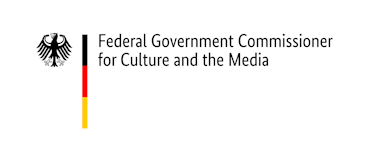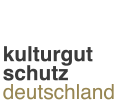Europe
Links are provided below to information about the regulations governing exports from all of the European countries that are signatory states to the 1970 UNESCO Convention on the Means of Prohibiting and Preventing the Illicit Import, Export and Transfer of Ownership of Cultural Property, as well as selected countries that are not signatory states (Liechtenstein, Kosovo); this information is updated on a regular basis.
In the EU Member States, the requirement to obtain a licence for exports from the EU customs territory is regulated uniformly by Council Regulation (EC) No 116/2009 of 18 December 2008 on the export of cultural goods. Exports to the internal market are regulated at national level; in some cases, these regulatory provisions differ from the Council Regulation in terms of the value and age thresholds for the categories of protected objects (see an overview of this topic).
Despite Great Britain's exit from the European Union, these provisions will continue to apply to and in Great Britain at least until December 31, 2020.
As well as contact details for the authorities with jurisdiction for exports, a general list of the central authorities in the EU Member States that act as contact points for return requests in the respective Member State pursuant to Article 4 of Directive 2014/60/EU is also provided.
Additional information on the legal situation in the EU Member States can also be accessed via the EUR-Lex database.
Note: Imports and exports of cultural property originating from Syria (Regulation (EU) No 1332/2013 of 13 December 2013) and Iraq (Regulation (EC) No 1210/2003 of 7 July 2003) are prohibited in the EU Member States; the same is true for dealing in cultural property of this kind. This comprehensive ban does not apply to cultural property originating from Syria if it can be proven that the property in question was exported prior to 9 May 2011, whereby the obligation to furnish evidence lies with the owner. Similar rules apply to cultural property from Iraq; in this instance, the property must have been exported prior to 6 August 1990. Under the German Foreign Trade and Payments Act (Außenwirtschaftsgesetz, AWG), an infringement of these bans constitutes at least an administrative offence and potentially a criminal offence.










































